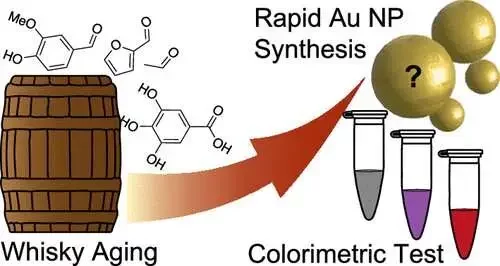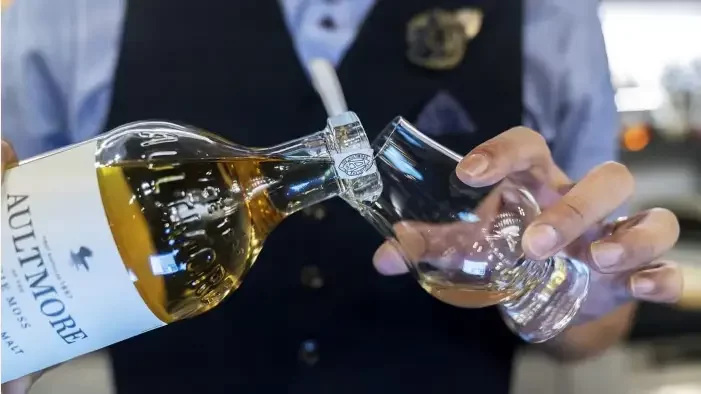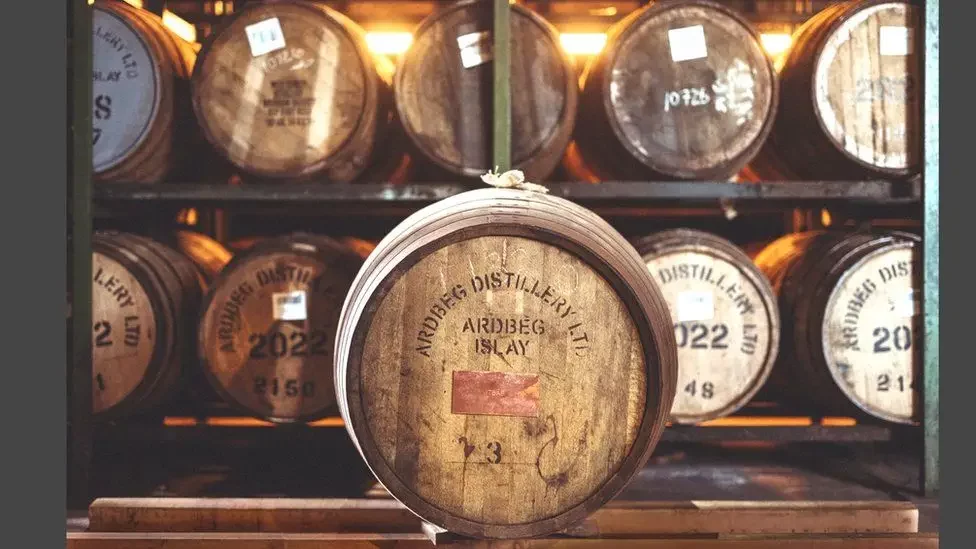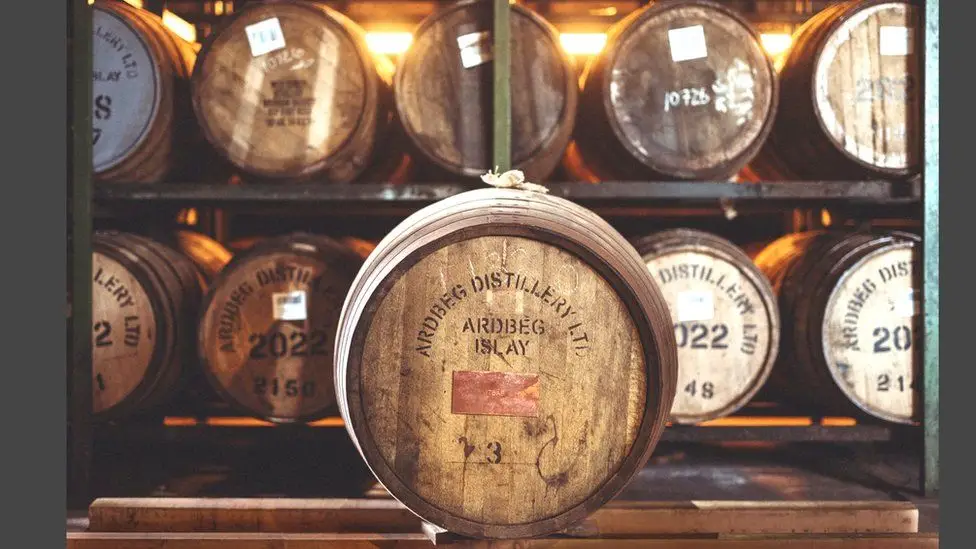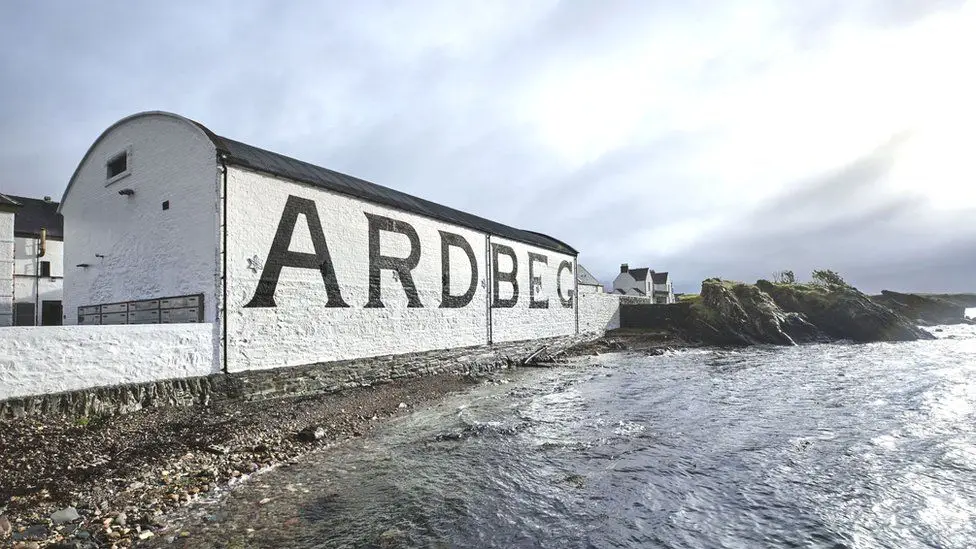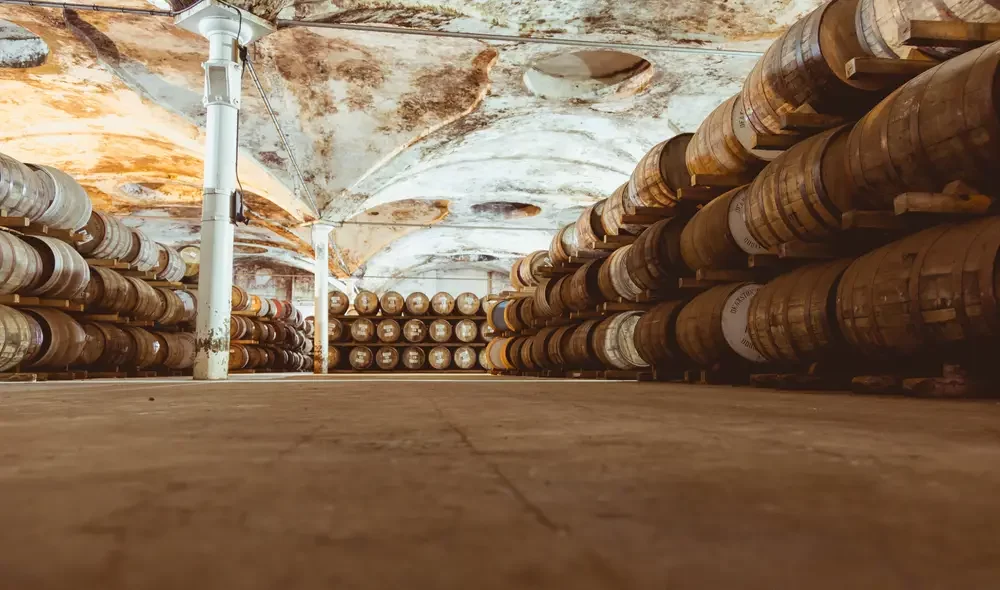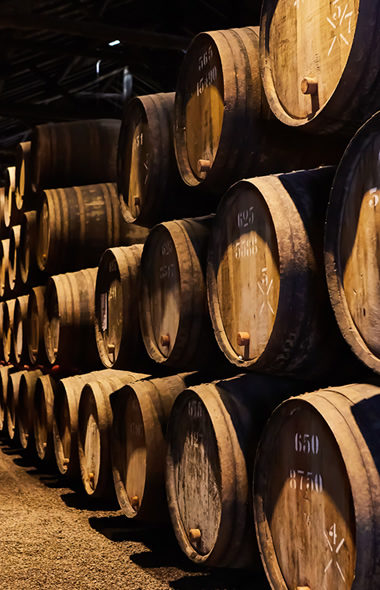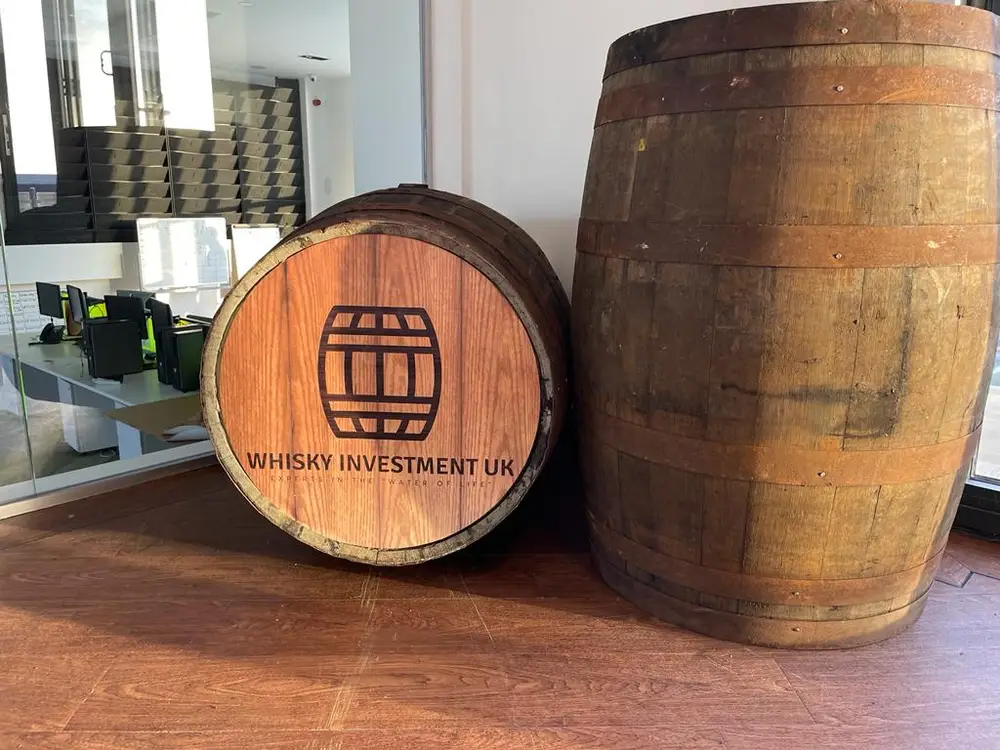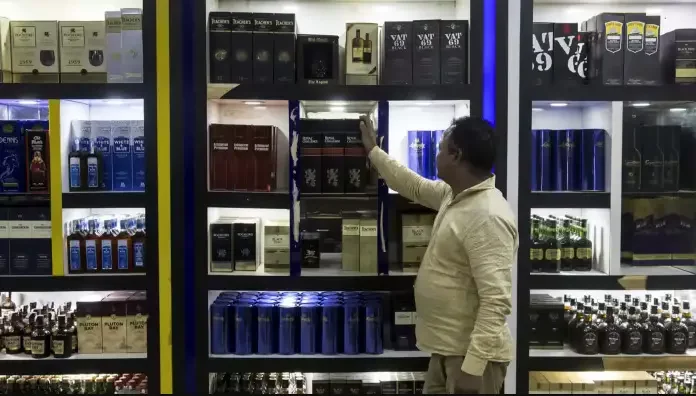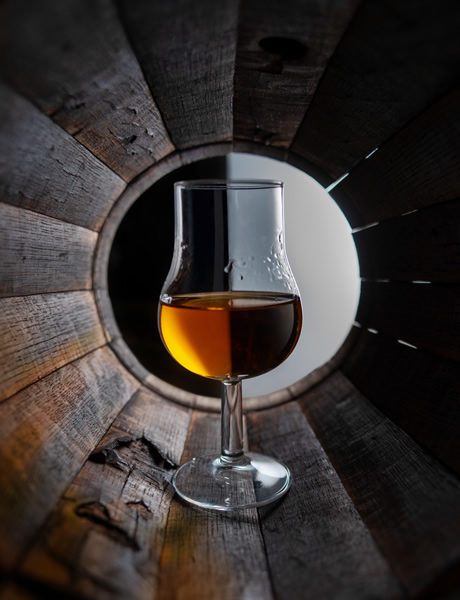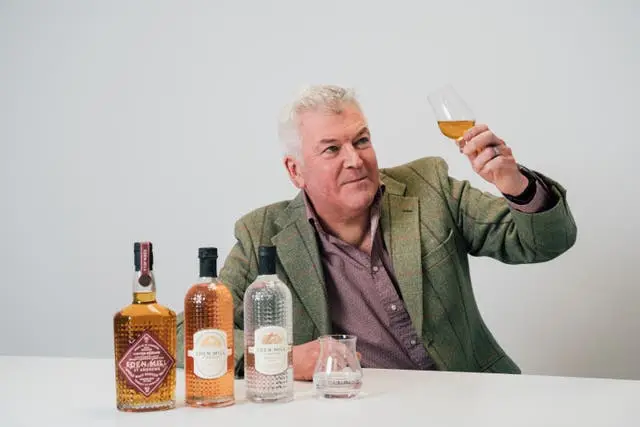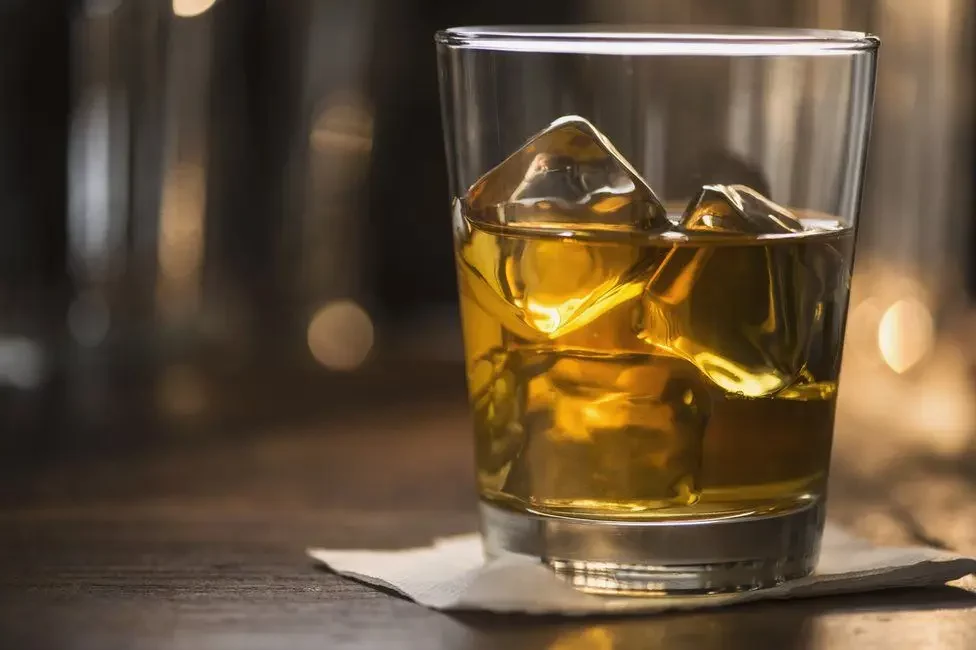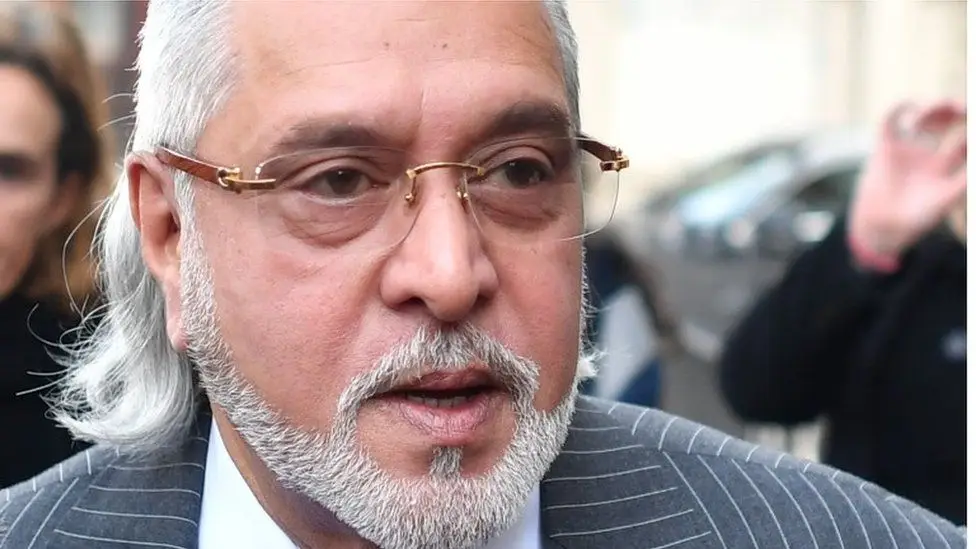New aging test could be gold standard for whisky producers
New aging test could be gold standard for whisky producers
Researchers at a Scottish university have found a way to use tiny particles of gold to measure the maturity of whisky, which could help distillers with one of the key challenges in the production process.
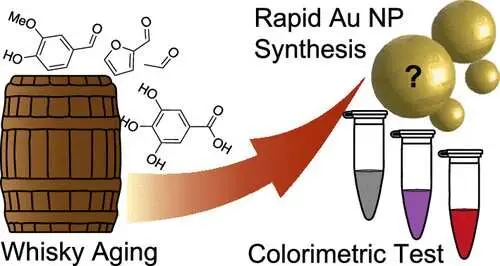
Chemists and bioscientists from the University of Glasgow developed the test, which harnesses a unique property of cask-aged whisky to measure its maturity.
Each variety of whisky gains some of its color flavor profile from being stored in wooden casks while it matures over a period of months or years. The flavor of the final product is created by a complex mix of factors known as “congeners”—chemicals left in the spirit after it is distilled and other chemicals absorbed from the wood casks, which react with oxygen over time.
The unpredictable interactions of congeners, along with other factors like the size and shape of the cask and the number of times it has been used before, mean that each cask matures in its own way, and in its own time.
To ensure the consistency of their products, distillers employ highly experienced master blenders. They regularly sample the casks to check the whisky’s readiness for blending, bottling and sale as either a single malt or a mixed blend—a laborious and expensive task.
The researchers set out to develop a test which could do some of the work of the master blenders by using chemical reactions to determine the maturity or “age” of whisky samples.
They built their test on a reaction which occurs when samples of whisky are mixed with a solution containing small quantities of a special type of gold. A chemical reaction in the whisky causes distinctively-colored gold nanoparticles to form in the sample over a short period of time at room temperature.
The researchers mixed the gold solution with samples from 15 different whiskies distilled in Scotland, Japan and the U.S. They also tested multiple samples taken at regular intervals from a single cask over a period of six years, which were supplied by the Scotch Whisky Research Institute.
By measuring a property of each sample known as its localized surface plasmon resonance, they found that the unique chemical composition of the whiskies resulted in the creation of gold nanoparticles with distinctly different shapes, sizes and colors in each sample.
They also discovered that the speed of the production of the nanoparticles was connected with its maturity—the faster the nanoparticles formed, the more mature the whisky was.
The results suggest that the process could be used to develop a quick, reliable test for distillers to measure the maturity of their whiskies, reducing the need for master blenders to be involved in every step of the process.
Dr. Will Peveler, of the University of Glasgow’s School of Chemistry, is the paper’s lead author. Dr. Peveler said, “Age is more than just a number when it comes to whisky—the complex chemical reactions which occur in each cask make it impossible to estimate whisky’s maturity of flavor simply based on how long it’s been aging.
“For as long as there’s been a whisky industry, distillers have been trying to find better ways to measure the maturity of individual casks to help them understand when they will be ready to use in a single malt or a mixed blend.
“What we’ve been able to do for the first time is show that the aging-related chemistry of the whisky controls the formation of gold nanoparticles. That has allowed us to develop a unique ‘fingerprint’ not just for types of whisky we tested but also for how whiskies mature over time.
Co-author Dr. Jenny Gracie, also of the School of Chemistry, added, “Currently, there are a number of other tests available to measure whisky maturity, which use specialist processes like chromatography and mass spectrometry. However, they are rarely available on the warehouse floor, and if samples have to be sent offsite for analysis, this slows everything down.
“We hope that in the future we can develop this initial finding into a quick, easy and portable kit that distillers can use to measure the maturity of their whiskies without having to send samples for time-consuming tests with specialist equipment.”
The team’s paper, titled “Growth of Plasmonic Nanoparticles for Aging Cask-Matured Whisky,” is published in ACS Applied Nano Materials.


